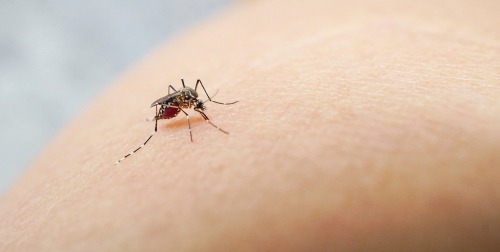
Valneva SE won approval for the world’s first Chikungunya vaccine – IXCHIQ – last week from the U.S. Food and Drug Administration (FDA).
It is a major milestone for a viral disease that has plagued humanity for decades, thanks to the bites of mosquito carriers. Although originally found in Africa, it has since spread to Asia, Europe and the Americas, bringing its customary fever and joint pain with it. Now, however, Valneva hopes to monetize its prevention, using a single-dose, live-attenuated vaccine.
IXCHIQ will be usable by those at least 18 years old, with increased risk of exposure. Approval was granted to the drug for its neutralizing antibody titers, although continued approval will be contingent upon verification of its clinical benefit in follow-up studies. That said, in Phase 3 testing, from March 2022, the vaccine demonstrated a 98.9 percent seroresponse rate 28 days after vaccination. After six months, it still maintained a high 96.3 percent rate, and Valneva intends to continue charting how antibodies persist for at least five years.
“Today, it is estimated that more than 75% of the world’s population lives in areas at risk of CHIKV transmission due to factors such as global warming and climate change,” Dr. Juan Carlos Jaramillo, Chief Medical Officer for Valneva, said. “Chikungunya has already spread to over 110 countries and is currently regarded as one of the most likely viral infections to emerge in new geographic areas. Morbidity is high with 43% of CHIKV patients suffering from chronic chikungunya where joint pain, fatigue, and potentially debilitating effects may last from months to years and can have substantial impact on daily activities. As we are introducing IXCHIQ, our objective is to make this vaccine available to the largest number of people that will benefit from it.”
Earlier this year, the Pan American Health Organization (PAHO) issued an epidemiological alert over the number of cases and deaths related to chikungunya in the Americas. Climate change is only expected to worsen its effects in this part of the world, as mosquito liveability zones and vector habitats continue to grow.
Regulatory approval is also pending in Canada (by Health Canada) and Europe, the latter of which saw safety data submitted this October to the European Medicines Agency.




